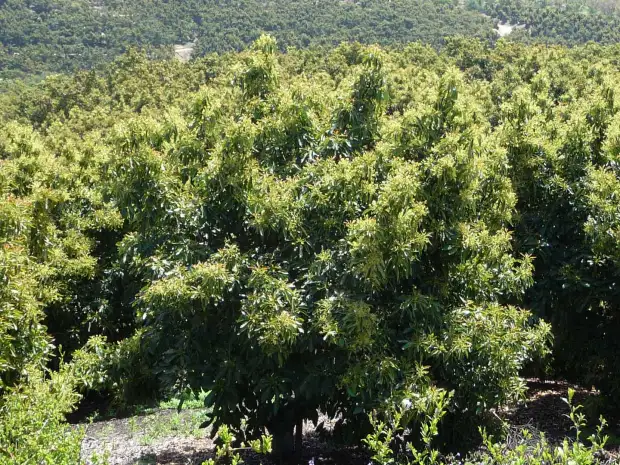How sustainable are the avocados you eat? The answer may surprise you.
An Exploration of the environmental impact of avocado production and consumption
Avocado toast, guacamole, and other avocado-based dishes have become a staple in many people's diets. However, concerns have been raised about the environmental impact of avocado production, particularly in areas where avocados are grown in large quantities, such as Mexico and California.

On one hand, advocates for sustainable food production argue that avocados are a great choice for environmentally-conscious consumers. According to the Environmental Working Group (EWG), avocados have a lower carbon footprint compared to many other popular fruits and vegetables, including bananas, apples, and lettuce. Additionally, growing avocados does not involve the use of pesticides that can harm bees and other pollinators, as is the case with many other crops.
"Avocado production is relatively environmentally friendly, as it does not require large amounts of pesticides and chemical fertilizers," says Dr. Helena Dove, a sustainability researcher at the University of California, Berkeley. "In fact, avocado trees can serve as a valuable carbon sink, absorbing carbon dioxide from the atmosphere and storing it in their wood and leaves."
Moreover, compared to animal-based foods such as meat and dairy, avocados have a much lower environmental impact. According to a 2018 study by researchers at the University of Oxford, producing beef requires 20 times more land and generates 20 times more greenhouse gas emissions per unit of protein than producing beans, peas, or lentils.
On the other hand, critics of avocado production point to the water usage and land conversion associated with growing avocados, particularly in regions with water scarcity. In California, where most of the avocados consumed in the US are grown, farmers use approximately 74.1 billion liters of water annually to grow avocados, according to the California Avocado Commission. Critics argue that this water usage contributes to the state's ongoing drought crisis and exacerbates water scarcity in the region.

Additionally, in some areas of Mexico where avocados are grown, there have been reports of deforestation and land conversion to make way for avocado orchards. This has led some environmental groups to criticize the industry for contributing to habitat loss and biodiversity decline.
"It's important to acknowledge that avocado production does have some negative environmental impacts, particularly in areas where water resources are scarce," says Dr. Dove. "However, compared to many other crops and food products, avocados have a relatively small environmental footprint."
In conclusion, while concerns have been raised about the environmental impact of avocado production, the evidence suggests that avocados are a relatively sustainable food choice compared to many other crops and animal-based foods. For environmentally-conscious consumers, choosing avocados as a source of protein and healthy fats is a great way to support sustainable food production and reduce their carbon footprint.
Sources:
"Shocker: Avocados Are a Low-Carbon Fruit," Environmental Working Group, 2019
"Reducing food's environmental impacts through producers and consumers," Science, 2018
"Avocado Production in California," California Avocado Commission, 2021
"The Environmental Impact of Avocado Production in Michoacán, Mexico," Frontiers in Sustainable Food Systems, 2020
Quotes:
"Avocado production is relatively environmentally friendly, as it does not require large amounts of pesticides and chemical fertilizers." - Dr. Helena Dove, University of California, Berkeley
"It's important to acknowledge that avocado production does have some negative
.png)